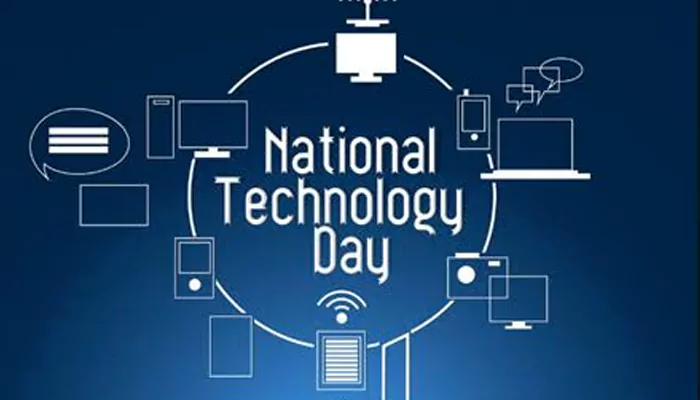The Evolution of Smart Homes – Integration of AI and IoT for Enhanced Automation
- Ishani Karmakar
- 1 year ago
- 4 minutes read

In the past few decades, the concept of a "smart home" has transitioned from the realm of science fiction to a tangible reality.
Today, homes equipped with advanced technologies that enhance comfort, security, and efficiency are becoming increasingly common. The integration of Artificial Intelligence (AI) and the Internet of Things (IoT) has been at the forefront of this transformation, revolutionizing how we interact with our living spaces. Let’s take a look at the evolution of smart homes, the role of AI and IoT in their development, and the benefits these technologies bring to our everyday lives.
The Dawn of Smart Homes
The journey of smart homes began with basic automation technologies in the late 20th century. Initially, these systems focused on automating single functions like lighting or heating, controlled by simple timers or rudimentary sensors. However, as technology advanced, so did the complexity and capabilities of these systems. The introduction of home networks and wireless communication in the early 2000s laid the groundwork for more sophisticated smart home solutions.
The Role of IoT in Smart Homes
The Internet of Things (IoT) has been the real game-changer in the evolution of smart homes. IoT basically refers to a network of interconnected devices that have the technology to communicate with each other over the internet. In a smart home context, this means that various devices such as thermostats, security cameras, lights, and appliances can be controlled and monitored remotely through a single platform.
IoT devices in smart homes collect data from their environment and use this information to optimize their performance. For instance, a smart thermostat learns your schedule and adjusts the temperature accordingly, while smart lighting systems can change the ambiance based on the time of day or your preferences. This level of connectivity and automation enhances convenience and efficiency, making everyday tasks more manageable.
The Impact of AI on Smart Homes
Artificial Intelligence (AI) takes smart home automation to the next level by introducing learning and decision-making capabilities. AI algorithms analyse data collected by IoT devices to identify patterns and make informed decisions. This allows smart home systems to anticipate user needs and adjust settings proactively.
AI-powered devices can control various smart home gadgets, answer questions, and even provide personalized recommendations. As AI technology continues to advance, its integration into smart homes is expected to become even more seamless and intuitive.
Enhanced Automation Through AI and IoT Integration
Energy Efficiency
Smart homes equipped with AI and IoT technologies can significantly reduce energy consumption. AI algorithms analyse data from IoT sensors to optimize the use of heating, cooling, and lighting systems. For example, smart thermostats adjust the temperature based on occupancy patterns and weather forecasts, while smart lighting systems turn off lights in unoccupied rooms. This not only lowers energy bills but also contributes to a more sustainable lifestyle.
Home Security
AI and IoT integration have transformed home security systems. Smart security cameras use AI to detect unusual activity and send alerts to homeowners in real-time. IoT-enabled doorbells and locks allow remote monitoring and control of entry points, providing enhanced security and peace of mind. Additionally, AI-powered facial recognition technology can identify family members and frequent visitors, further enhancing security measures.
Health and Wellness
Smart homes are increasingly incorporating health and wellness features. IoT devices like smart mirrors and fitness trackers monitor health metrics and provide insights to improve well-being. AI algorithms analyze this data to offer personalized health recommendations.
Entertainment and Convenience
AI and IoT integration have revolutionized home entertainment and convenience. Smart speakers and displays provide hands-free control of music, movies, and other media. AI-driven algorithms personalize content recommendations, ensuring that you always have something interesting to watch or listen to. Moreover, smart appliances like refrigerators, washing machines, and ovens can be controlled remotely, adding a layer of convenience to household chores.
The evolution of smart homes, driven by the integration of AI and IoT, has transformed the way we live. These technologies enhance convenience, efficiency, and security, making our homes more comfortable and enjoyable. So, whether you're a tech enthusiast or simply looking for ways to make your daily life easier, the smart home revolution offers something for everyone.












